To provide the best experiences, we use technologies like cookies to store and/or access device information. Consenting to these technologies will allow us to process data such as browsing behaviour or unique IDs on this site. Not consenting or withdrawing consent, may adversely affect certain features and functions.
The technical storage or access is strictly necessary for the legitimate purpose of enabling the use of a specific service explicitly requested by the subscriber or user, or for the sole purpose of carrying out the transmission of a communication over an electronic communications network.
The technical storage or access is necessary for the legitimate purpose of storing preferences that are not requested by the subscriber or user.
The technical storage or access that is used exclusively for statistical purposes.
The technical storage or access that is used exclusively for anonymous statistical purposes. Without a subpoena, voluntary compliance on the part of your Internet Service Provider, or additional records from a third party, information stored or retrieved for this purpose alone cannot usually be used to identify you.
The technical storage or access is required to create user profiles to send advertising, or to track the user on a website or across several websites for similar marketing purposes.
 Urban design campaigns are usually sold to local residents as a way to improve their daily lives. Design elements – from lighting systems to signs, benches, bollards, fountains and planters, and sometimes even surveillance equipment – are used to refurbish and embellish public spaces. Designers refer to these elements as “urban furniture”. And the projects they’re used in are usually aimed at increasing social interaction, heightening safety, improving accessibility and generally making life in the city better. (more…)
Urban design campaigns are usually sold to local residents as a way to improve their daily lives. Design elements – from lighting systems to signs, benches, bollards, fountains and planters, and sometimes even surveillance equipment – are used to refurbish and embellish public spaces. Designers refer to these elements as “urban furniture”. And the projects they’re used in are usually aimed at increasing social interaction, heightening safety, improving accessibility and generally making life in the city better. (more…)








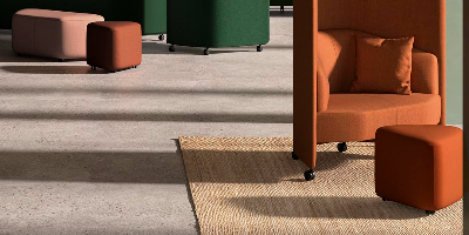
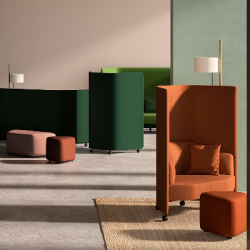




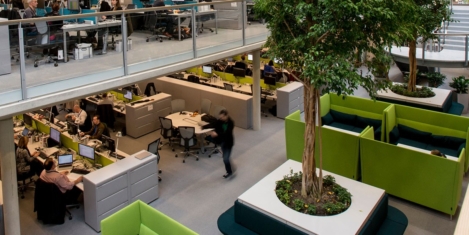
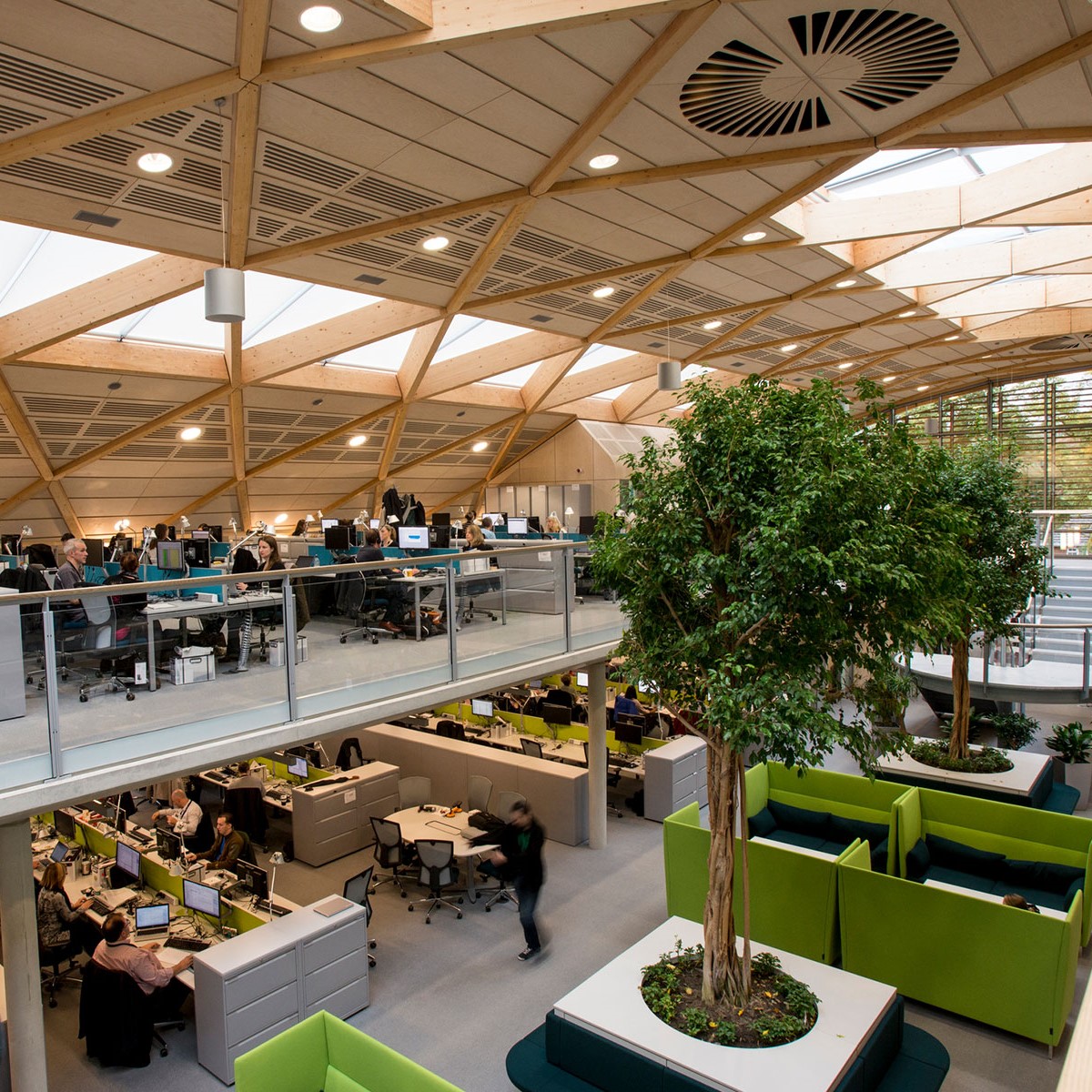
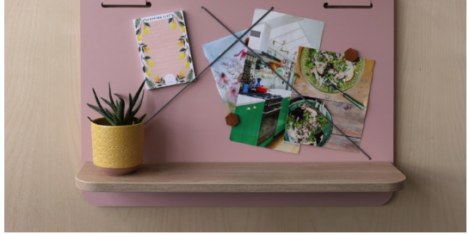
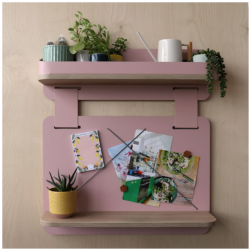

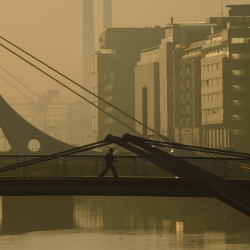
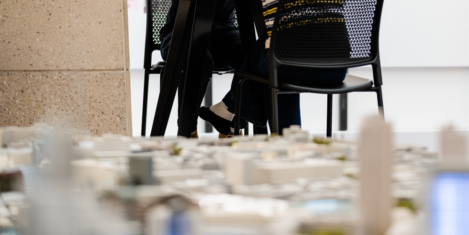
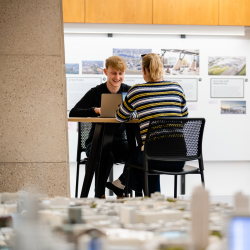 I recently received a copy of the book Office Shock by ‘prominent futurists’ Bob Johansen, Joseph Press and Christine Bullen. Described as a guide to creating better futures for working and living, the book imagines the future of work and the workplace. While reading a passage aimed at leaders, I was suddenly aware that a number of the words were simultaneously being spoken aloud in the background. There was a break in the cricket I had been watching that morning (cricket has a few of these breaks!) and the England captain, Ben Stokes, was being interviewed about his own leadership style.
I recently received a copy of the book Office Shock by ‘prominent futurists’ Bob Johansen, Joseph Press and Christine Bullen. Described as a guide to creating better futures for working and living, the book imagines the future of work and the workplace. While reading a passage aimed at leaders, I was suddenly aware that a number of the words were simultaneously being spoken aloud in the background. There was a break in the cricket I had been watching that morning (cricket has a few of these breaks!) and the England captain, Ben Stokes, was being interviewed about his own leadership style. 












June 27, 2023
Understanding the power of mindset and what it can do for you
by Lisa Collinson • Business, Comment, Wellbeing, Workplace